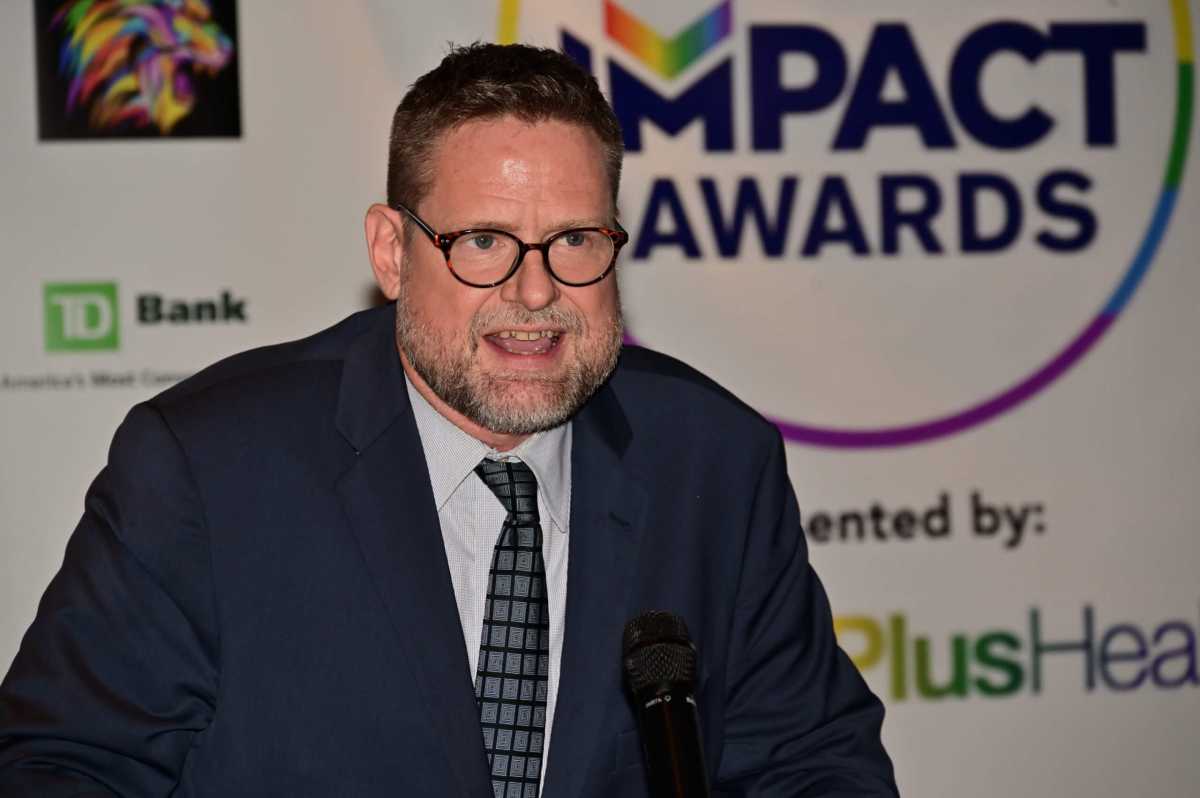One of the prime challenges in the continuing fight against HIV/AIDS is establishing specialized care around the needs of individuals living with HIV or those at risk of HIV — including transgender people and folks experiencing homelessness.
The importance of tailored care is perhaps most evident when evaluating the typical approach to primary care in the general population. Not all primary care providers are equipped to offer care that is inclusive to LGBTQ individuals or those at risk of or living with HIV, which ultimately impacts health outcomes and can make a difference in the willingness of patients to be forthright with their doctors.
One way those issues are confronted in New York City is through HIV Special Needs Plans, which provide eligible Medicaid patients living with HIV or are homeless or transgender with case management services and coordinated care from their doctors in a way that it is intended to best serve their unique needs — whether that includes accessing HIV prevention medication such as PrEP or connecting to HIV treatment in an inclusive environment.
Among the leaders of HIV Special Needs Plans in New York City include MetroPlus Health Plan, which is the presenting sponsor of this year’s Gay City News Impact Awards. Two key areas of emphasis for Special Needs Plans are prevention and treatment, meaning not everyone enrolled in the plans is necessarily living with HIV, but might be at risk.
“That is really one of the great things about the Special Needs Plan,” said Todd Canning, the director of clinical services for the Partnership in Care Program at MetroPlus Health Plan, which is a wholly-owned subsidiary of NYC Health + Hospitals.
The customized nature of the HIV Special Needs Plans translates into different approaches to patients depending on whether they are living with HIV or HIV-negative. The goal is to cater to the needs of patients rather than employing a one-size-fits-all outlook.
“We have the option to provide primary care at a place of our members’ choosing,” Canning said. “That could be any provider in the MetroPlus network; it could be a provider in the shelter system.”
More than 9,000 individuals with Medicaid in New York City have an HIV Special Needs Plan, Canning said, though some of the people who are enrolled in the plan struggle to maintain their care due to a range of factors such as housing instability. That’s part of why the plan is intended to work around those issues.
“It’s always a challenge of ‘how do you connect to individuals who don’t have a home?’” Canning said.
Canning said his team has also taken on other unique obstacles this year — including the ongoing drive to vaccinate the community against COVID-19 — as it contends with existing efforts to take on the HIV/AIDS epidemic.
Between emerging, evolving healthcare hurdles ranging from HIV-related care to COVID-19 prevention, communication is essential in ensuring that patients are in the best position to navigate their own well-being in the future. Canning noted that the plan allows for partnerships with providers, provides information and feedback to providers around the needs of members, and “helps providers connect with members wherever they are.”
“Whatever problem people are having — a bill is not getting paid or someone can’t get an appointment — how can you connect with someone to cut through the red tape, cut through the bureaucracy, and get someone to say, ‘Hi, how can I help you?’” he said. “That’s what is very unique about this. We do that with members and we also do that with providers.”
Canning said this allows the MetroPlus Health Plan team to establish a connection with members on a first-name basis, while also bringing expeditious service to make sure folks are not waiting for their care. On the other side of the healthcare equation, MetroPlus Health Plan works to assist doctors who are confused about complex rules pertaining to healthcare or need assistance finding the right specialist for their patient.
“We have time to work with providers to help them, which improves member care, the member experience, and provides services quickly,” Canning explained.
To help spread the word about the plans in the LGBTQ community, MetroPlus Health Plan is embarking on a social media campaign. The campaign is geared towards informing potential members about MetroPlus Health Plans’ longstanding work with LGBTQ New Yorkers and notes that they can connect members to a primary care provider who focuses on LGBTQ-specific health needs.



































